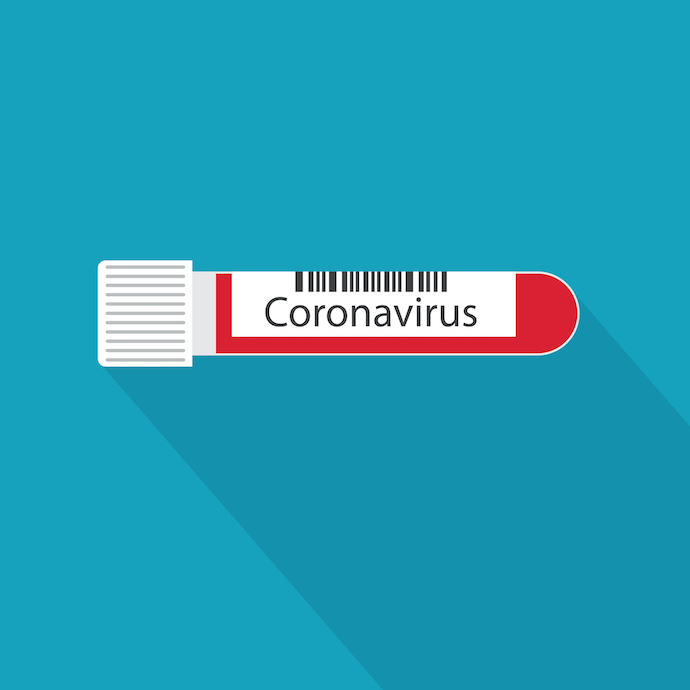48% of Payers Concerned About Coronavirus Vaccine Effectiveness
While payers are concerned about the future coronavirus vaccine’s effectiveness, they expressed confidence in their ability to start reimbursing soon after the vaccine’s approval.

Source: Getty Images
- Payers’ top coronavirus-related concern is the effectiveness of a coronavirus vaccine, Avalere researchers have discovered.
The Avalere researchers deployed an online survey and received responses from 39 health plans and a single pharmacy benefits manager representing a broad range of memberships, plan types, and geographies.
The survey assessed payer sentiments surrounding key aspects of coronavirus response and impact, specifically regarding the impending vaccine, telehealth, and care delivery.
“Payers are more concerned with short-term pandemic impacts (e.g., COVID-19 hospitalizations and therapeutics) than with the reduction in preventive services utilization,” the survey found.
Payers particularly were concerned as to whether the future coronavirus vaccine would be effective. For 47.5 percent of payer participants, this was their primary vaccine-related concern, more than pricing, distribution, and patient access.
As of November 2020, a few top pharmaceutical companies have released positive results related to their vaccine development. Most recently, Pfizer announced that its vaccine has demonstrated 90 percent effectiveness.
In contrast to their wariness around vaccine effectiveness, many payers are already set to reimburse for the vaccine.
Half of the participants expected that they would be able to start reimbursing less than two months after the FDA’s approval. Nearly eight in ten payer participants (78 percent) stated that they would be able to start reimbursing for the vaccine within four months of the vaccine’s approval.
Payers are also concerned about vaccine pricing—15 percent were worried about the price of the product and 10 percent were preoccupied with how much the payer would have to cover.
CMS has released a vaccine coverage plan that prices single-dose vaccines in Medicare at $28.39, but prices for Medicaid and private payers are still undetermined.
The striking uptick in telehealth usage will continue to have some effect on primary care services in the future, payers expected. Almost three-quarters of the survey participants (73 percent) anticipate that nearly one third of primary care visits (30 percent) will continue to occur over telehealth.
However, payers acknowledged that technology access could stand in the way of that vision. The Federal Communications Commission (FCC) has partnered with healthcare providers to expand internet connectivity in order to support broader access to telehealth during the public health emergency and some payers have likewise chipped in to cover these costs.
Provider reimbursement is also a significant hurdle.
As payers gather more data on longterm telehealth utilization and the cost-offsets of using this technology, reimbursement strategies will clarify, experts have predicted. In the meantime, payers may find more success creating value-based contracts with virtual-only providers, as opposed to brick-and-mortar provider practices.
While the coronavirus pandemic has boosted telehealth as a care delivery model, it has done so at the expense of other care delivery models. Preventive care, in particular, has suffered from a steep decline in screenings and immunizations as patients avoid the doctor’s office.
Most payers saw a reduction in cancer screenings (87 percent), blood pressure tests, cholesterol, and diabetes checks (83 percent), and immunizations or vaccinations (80 percent).
Almost seven in ten payers also reported reductions in mental health screenings, nutrition or weight-based counseling, and osteoporosis screenings (67 percent of payers for each category). Over half of the survey participants saw a decline in addiction screenings.
These declines are expected to have a long-term impact. Nearly three-quarters of NCQA HEDIS quality measures will see a negative impact from the pandemic, a study by CitiusTech revealed. The experts primarily attributed this to deferred preventive care and ambulatory care.
“While payers will not need to reimburse providers for government-purchased vaccine doses, questions remain regarding who will cover vaccine administration fees under an EUA. Looking to the future, most payers anticipate long-term adoption of telehealth services,” the Avalere researchers projected.
